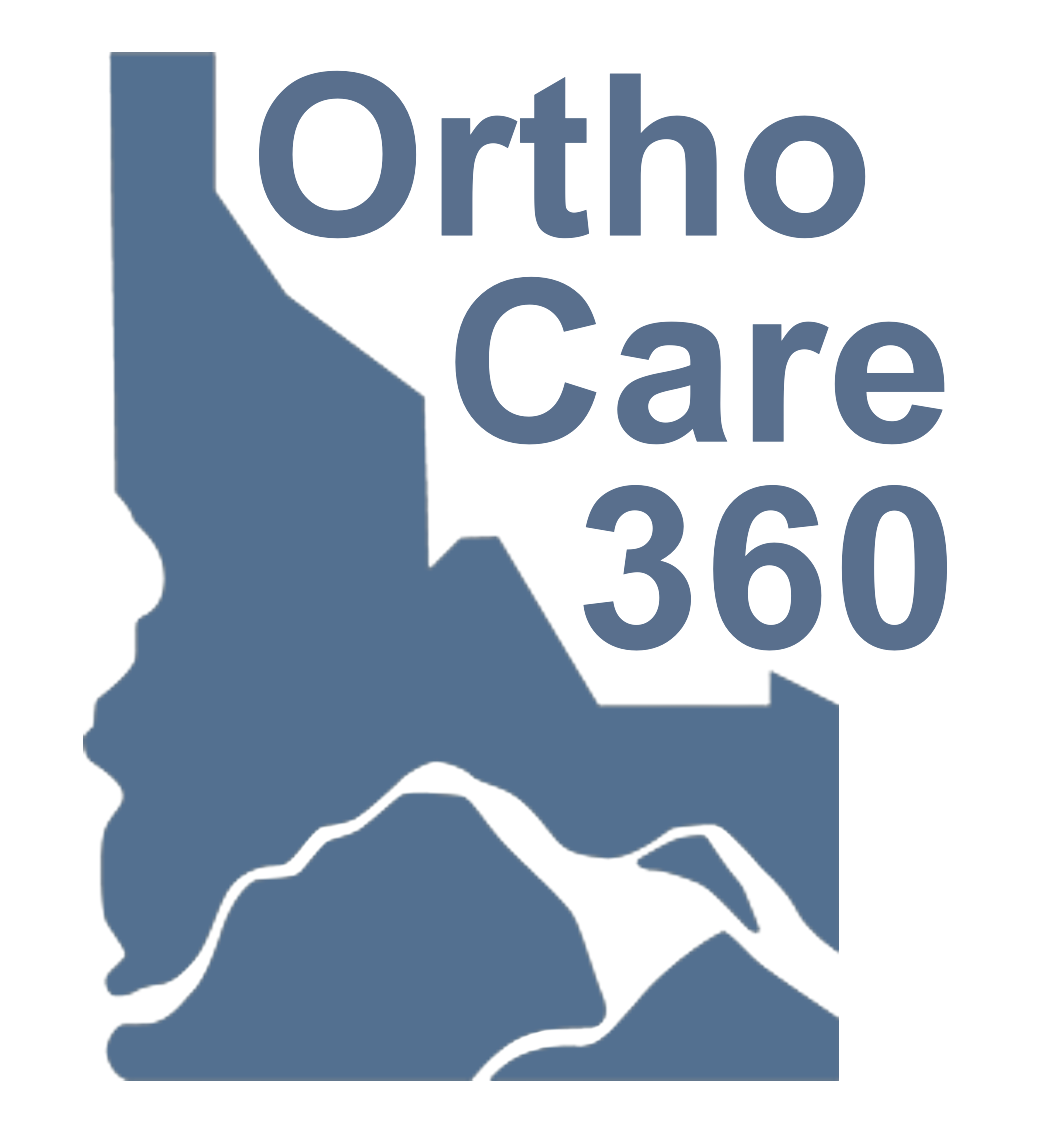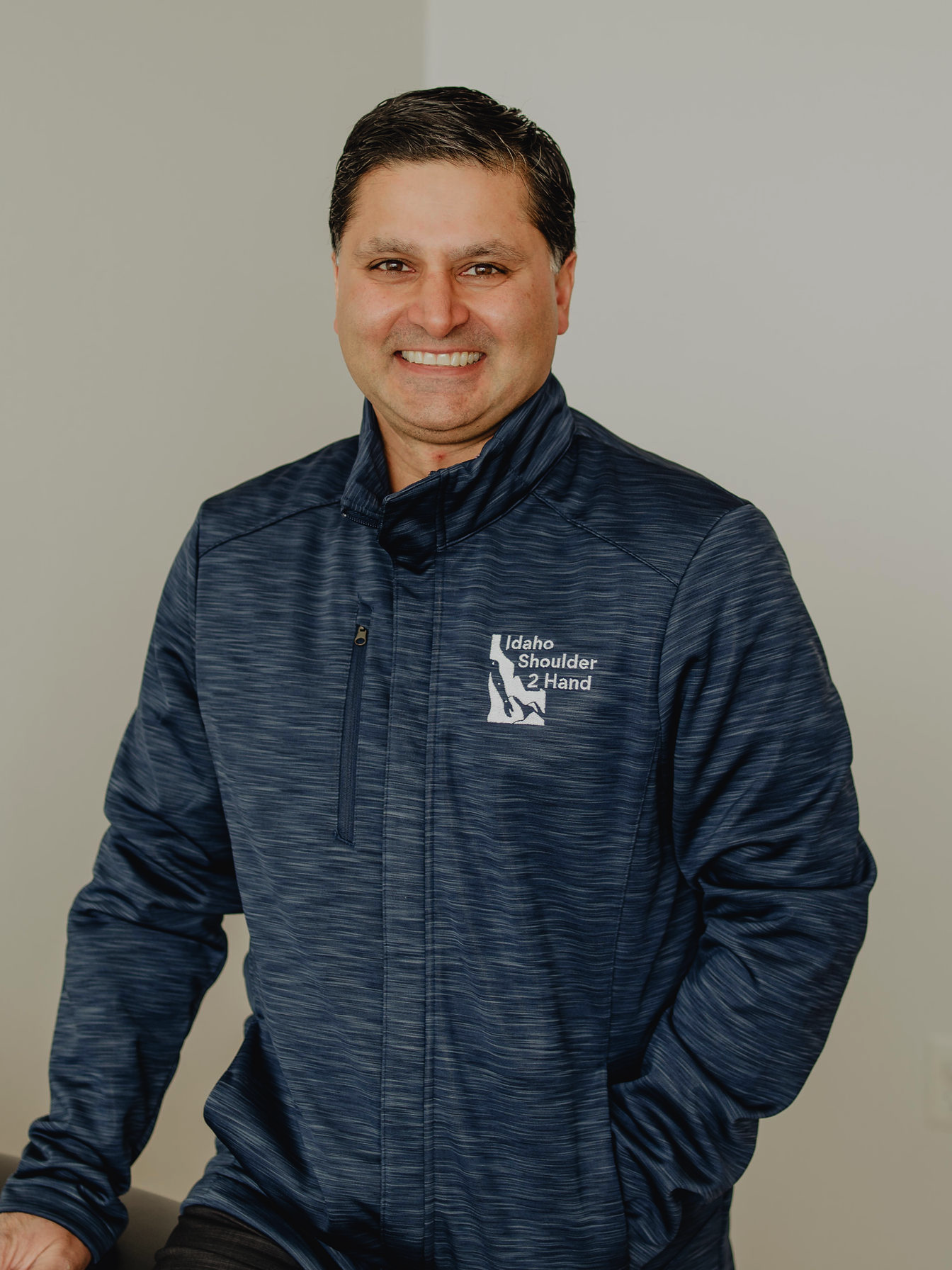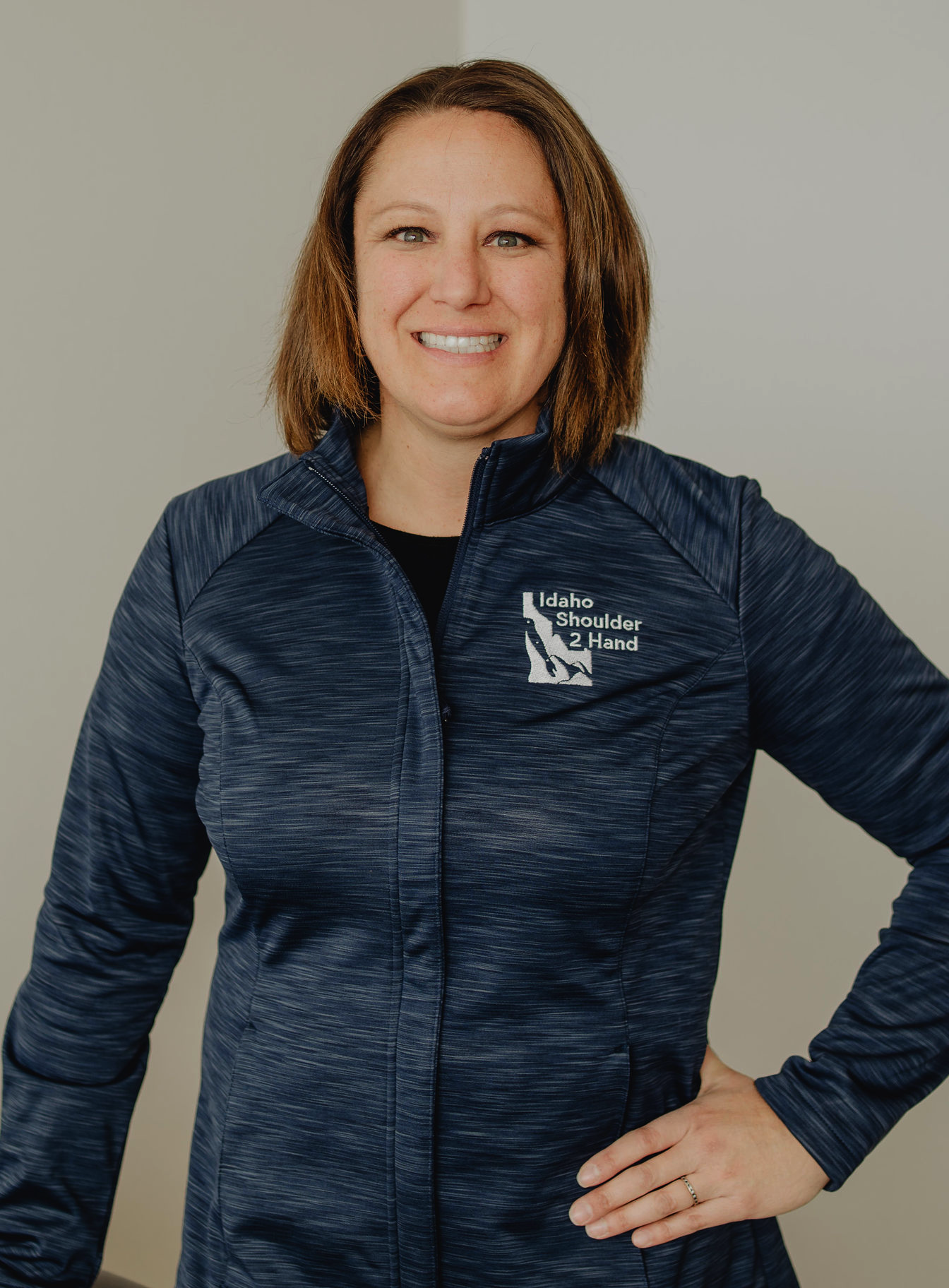
If you’ve been diagnosed with a rotator cuff tear, you may think surgery is your only option — but that’s not always true. At OrthoCare 360, we help patients explore every non-surgical path to healing before considering invasive procedures. Here’s what you need to know.
What Is a Rotator Cuff Tear?
The rotator cuff is a group of muscles and tendons that stabilize the shoulder. Tears can be partial or full, and symptoms often include pain when lifting, weakness, or disrupted sleep due to shoulder discomfort.
When Non-Surgical Treatment Is Effective
For partial tears or chronic overuse injuries, non-surgical treatments are often highly successful — especially when started early. Even many full-thickness tears can be managed without surgery if strength and function are preserved.
Top Non-Surgical Options We Offer
- Physical Therapy: Strengthens shoulder muscles, restores mobility, and prevents further injury.
- Anti-Inflammatory Injections: Helps relieve pain and swelling, allowing healing to begin.
- PRP Therapy: Uses your own platelets to stimulate tissue repair in the tendon.
- Activity Modification: Teaches new movement patterns to reduce strain on the injured area.
When Surgery Might Still Be Needed
If pain persists despite conservative care or if there’s significant loss of function, we may refer you for surgical evaluation. But our mission is always to help you avoid surgery whenever possible — and we succeed more often than you might think.
Let’s Talk About Your Shoulder Pain
If you’re dealing with a rotator cuff injury, reach out to OrthoCare 360. We’ll help you understand your options and create a personalized plan to heal — without surgery.


